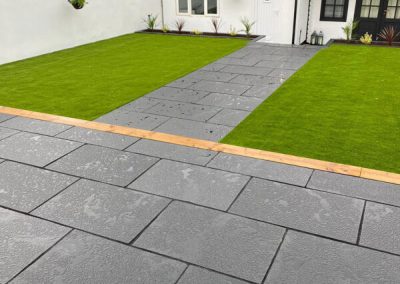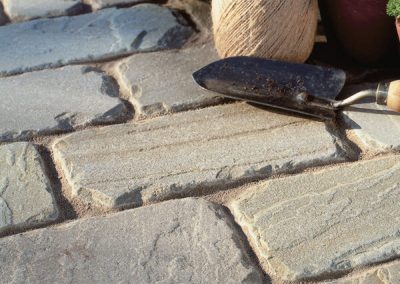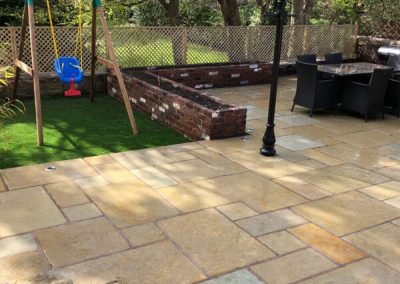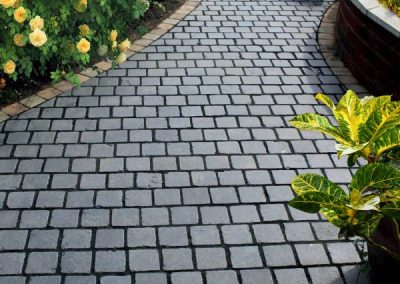limestone paving
Limestone paving refers to the use of limestone as a material for constructing paved surfaces. Limestone is a sedimentary rock that is formed from the accumulation of organic materials, such as shells and coral, over millions of years. It is widely used in construction and landscaping due to its natural beauty, versatility, and durability.
When used as paving, limestone is typically cut into various shapes and sizes, similar to granite paving, to create a cohesive and visually appealing surface. The individual limestone pavers are then laid out and installed on a prepared base, often with the use of mortar or other binding materials.
Here are some key characteristics and advantages of limestone paving:
1. Aesthetics: Limestone is known for its soft, warm colours and natural veining, which give it a unique and visually appealing appearance. It can add a sense of elegance and sophistication to outdoor spaces.
2. Versatility: Limestone comes in a variety of colours and finishes, ranging from creamy whites and beiges to darker shades of grey. It can be honed for a smooth and uniform surface or left with a more textured and rustic finish, allowing for various design options.
3. Durability: While limestone is not as hard as granite, it is still a durable material for paving. It can withstand regular foot traffic and moderate loads. However, it may be less suitable for heavy vehicular traffic compared to granite.
4. Natural Cooling Properties: Limestone has natural cooling properties, meaning it retains less heat compared to some other paving materials like concrete or asphalt. This can make it more comfortable to walk on during hot weather.
5. Weather Resistance: Limestone is generally resistant to weathering and can withstand freeze-thaw cycles, making it suitable for outdoor applications. However, it is important to note that certain types of limestone may be more susceptible to damage from acid rain or acidic substances.
6. Cost: Limestone paving can vary in price depending on the quality, size, and finish of the pavers. Generally, it is considered a mid-range option, more affordable than granite but pricier than some other materials like concrete.
7. Maintenance: Limestone paving requires regular maintenance to keep it in good condition. It may need occasional sealing to protect it from stains and weathering. Additionally, it’s important to clean spills promptly and avoid using harsh chemicals that can damage the surface.
Overall, limestone paving offers a natural and attractive option for creating outdoor paved surfaces. Its versatility, aesthetics, and moderate durability make it a popular choice for residential and commercial projects alike.
get in touch today
Useful Links
contact information
Stone Suppliers Ltd
170 Lancaster Road, Morecambe, Lancashire, LA4 5QP
Email: sales@stonesuppliersltd.co.uk
Phone: 07935174183
© Copyright Stone Paving UK All rights reserved.
Web Design By NCB Digital






